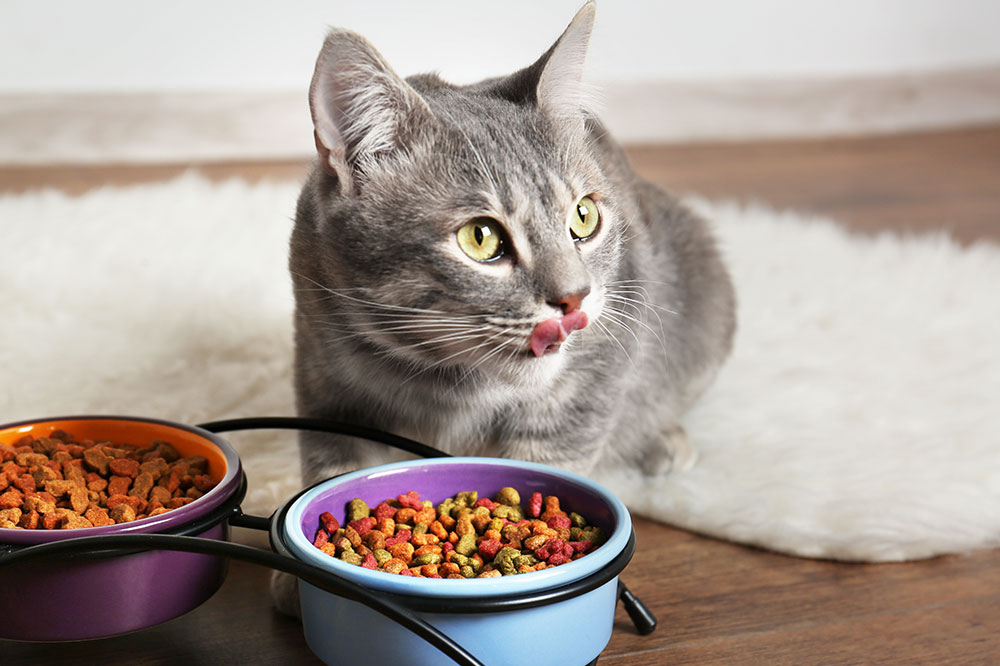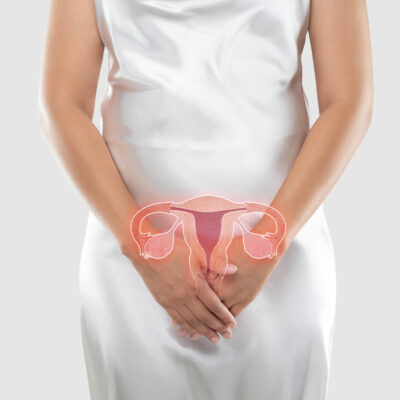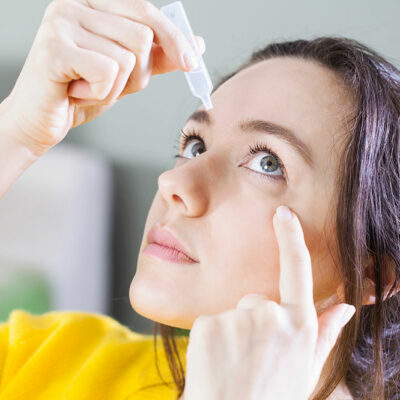
5 Tips to Improve a Cat’s Eating Habits
While most pet parents ensure that they feed and hydrate their cats, they rarely check if their pets’ food meets their nutritional needs. Like humans, cats need nutritious food. A wholesome diet is important for helping cats live longer, healthier lives. Read on to see how you can improve your cat’s die1
1. Opt for wet food
Cats are carnivores and thus need more protein than carbohydrates. Wet feed serves these needs better than dry food does. Over time, dry food, which is low in water content and high in carbohydrates, proves problematic to their health and can lead to frequent visits to the veterinarian. Cats are typically not inclined to drink water on their own, and wet food containing about 80% water is best to keep your cat healthy and hydrated.
2. Right food choices
Read labels on commercial cat foods and ensure the feed meets your pet’s nutritional requirements. While people often think kitten food is just a miniature version of adult cat food, it is not so; their compositions are different. Kitten food is more calorie-dense to support the growth of the young ones. And while feeding this to adult cats is not dangerous, it might lead to unnecessary weight gain. Also, ensure that your cat’s specific allergies and health conditions are factored in while choosing food for it.
3. Moderation is medicine
Three square meals–this concept applies to humans, but your pet kitties need small meals in greater frequency. Talk to your vet in detail about portion size and feeding schedule. Factors like size, age, and activity levels might affect your cat’s needs. Typically, doctors recommend five small meals a day, as this mimics their natural hunting habits. Be careful with treats as well. Most cat treats are high in calories, putting your feline at risk of cancer, joint disease, obesity, heart disease, and diabetes. A good rule of thumb is to primarily ensure that treats do not exceed more than 10% of your cat’s calorie intake.
4. No under-the-table feeding
As tempting as eating meals together with your cat sounds, it is never a good idea to feed cats off your plate. Apart from encouraging them to beg for food, there is the danger of accidentally giving your cat toxic substances. Did you know that many conventional people-foods are not cat-friendly? For example, dairy, caffeine, alcohol, onion, garlic, tomato, grapes, yeast dough, and chocolates are toxic to cats. Instead, try synchronizing your pet’s mealtime with yours, and give them their respective food as you eat yours.
5. Gradual changes
Cat nutrition mistakes may alarm you and provoke you into a frenzy of clearing out all the junk. However, your kitten will not understand sudden changes in their feeding routines and may feel confused by new and different food. Whether you aim to improve nutrition, mitigate an illness, or address age-related issues, you must make food changes gradually. Start by mixing the new food with the old one, and progressively increase the proportion of the new one over some time.


